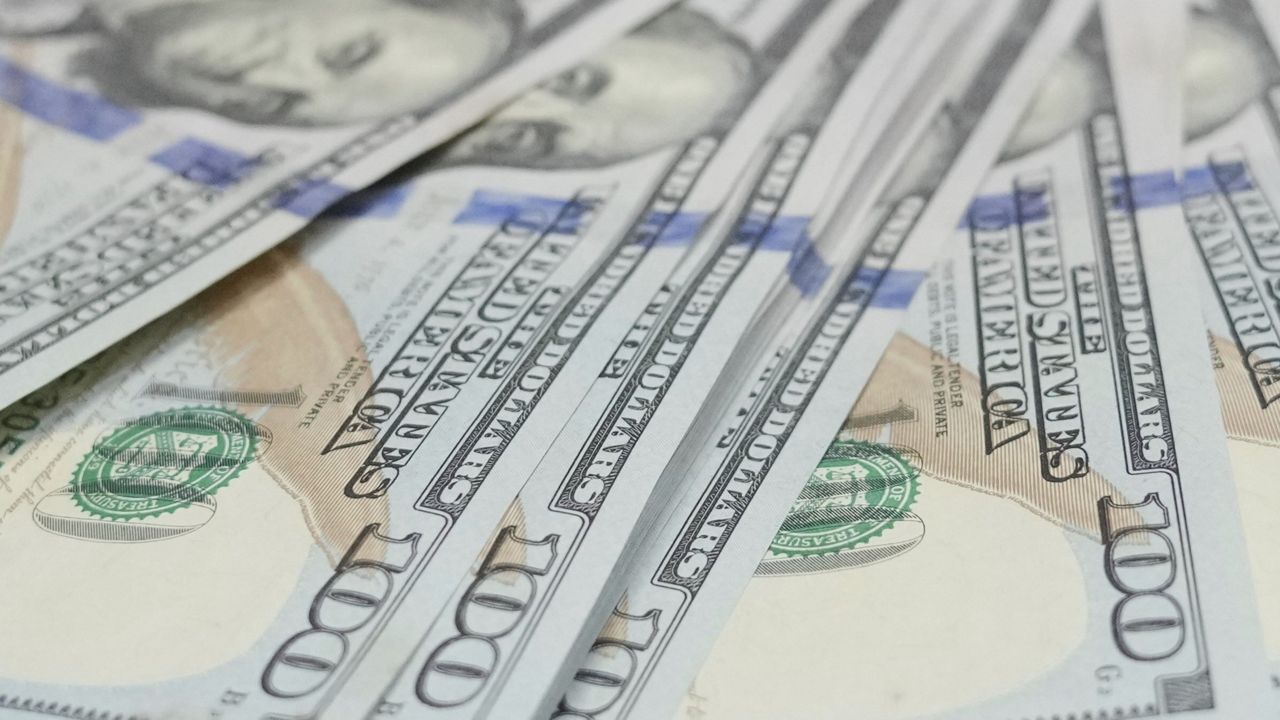Elizabeth Arnold, the owner of Sugar Magnolia Bakery, slices into a sweet potato pie on Friday, Nov. 21, 2025, in Flowood, Miss. (AP Photo/Sophie Bates)
The debate over which pie reigns supreme at Thanksgiving continues as customers in Flowood, Mississippi, choose between pumpkin and sweet potato pie. The two desserts share similarities, including their appearance and flavor, but opinions on their superiority vary significantly based on regional and cultural backgrounds.
Local Preferences and Cultural Significance
At Sugar Magnolia Takery, owner Elizabeth Arnold notes that both pies are popular, yet sweet potato often outsells pumpkin. “Sweet potato is sweeter, made with white and brown sugar,” Arnold explains, contrasting it with pumpkin pie, which is less sweet and spicier. Local customers have their preferences: Lori Robinson stated, “My mom cooks it every Thanksgiving, Christmas, every time. It’s way better than sweet potato.” Meanwhile, Xavier Pittman confidently declared, “Sweet potato pie. All day.”
The preference for sweet potato pie is particularly pronounced in the southern United States, where culinary historian and author Adrian Miller, known as the “Soul Food Scholar,” attributes its popularity to deep cultural ties. “If there were to be a Mount Rushmore of soul food desserts, sweet potato pie would definitely be there,” Miller remarked. In contrast, pumpkin pie is more commonly associated with northern traditions.
A Deeper Look at Historical Roots
Both pies have rich histories intertwined with American culture. Michael W. Twitty, a culinary historian, emphasizes that the debate over which is better reflects broader issues of identity. “We can have fun with good-natured ribbing between regions and cultures,” he said. Raised in Washington, D.C., Twitty’s family roots stretch back to the 17th century in the South, where Thanksgiving gatherings often featured homemade sweet potato pies. The association of sweet potatoes with southern Black culture can be traced back to the era of slavery, as sweet potatoes were a staple food for many enslaved individuals.
Twitty explains that while enslaved people are credited with perfecting the sweet potato pie recipe, colonial Americans were likely the first to create pumpkin pie. The tradition of pumpkin pie dates back to the colonial period, with a recipe appearing in the first American cookbook published in 1796 by Amelia Simmons.
Access to ingredients also played a role in regional preferences. Adrian Miller notes that while both sweet potatoes and pumpkins were available in the South, northern settlers had limited access to the orange sweet potatoes we recognize today, which favored the rise of pumpkin pie in that region. Miller adds that the sweet potatoes available in the North had white flesh and a different texture, further contributing to the popularity of pumpkin pie.
Despite these historical and cultural divides, the notion that one pie is strictly favored over the other is an oversimplification. Many families, including Twitty’s, enjoyed both desserts during Thanksgiving. “There will also be somebody, every single day, every single year who will break the rules,” he remarked, highlighting the diversity of culinary traditions across the country.
As the Thanksgiving holiday approaches, the debate between pumpkin and sweet potato pie will likely continue, reflecting a rich tapestry of cultural heritage and personal preference that transcends simple classification. Each pie offers a unique taste of history, making them both cherished components of the American Thanksgiving experience.







